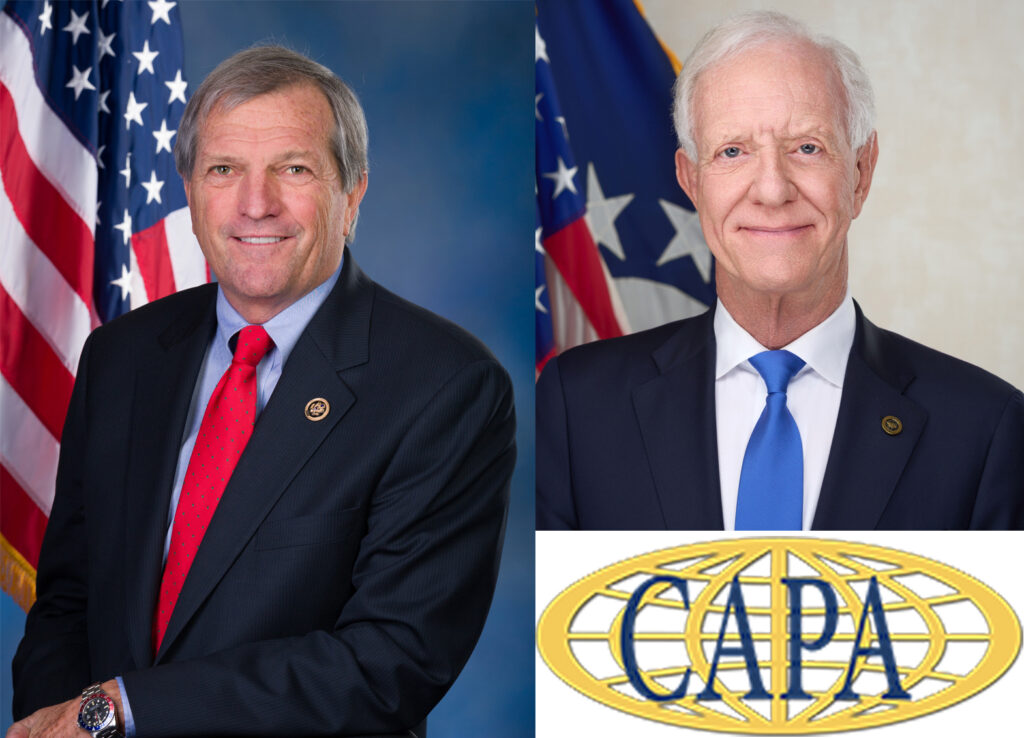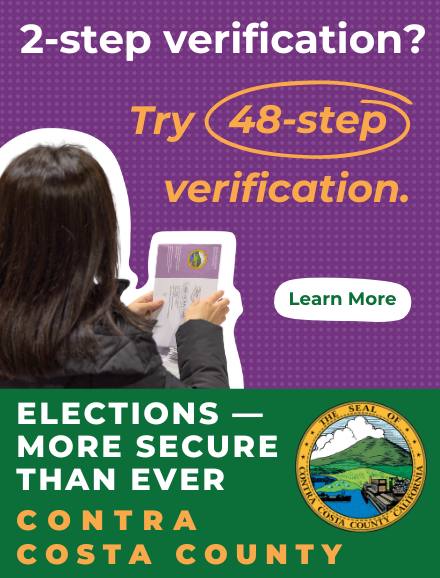DeSaulnier leads efforts to increase aviation safety, avoid near-miss incidents

Safe Landings Act garners support of “Sully” Sullenberger, Coalition of Airline Pilots Associations
Washington, D.C.– Today, Congressman Mark DeSaulnier (D, CA-10) announced the introduction of the Safe Landings Act (H.R. 6850) to increase aviation safety and avoid near-miss aircraft incidents, like the one that occurred at San Francisco International Airport (SFO) on July 7, 2017, in which over 1,000 passengers were in danger of losing their lives. By creating a new federal task force to research and identify safety risks, expanding training, and addressing new technology needs, this bill would help reduce human error in aviation and save lives. DeSaulnier first introduced this legislation in August 2019, but with runway incursions this year up 25% from a decade ago and expectations of the busiest ever holiday season for air travel, he has updated the bill based on new information and industry needs.
“As we approach an exceptionally busy air travel season following a year of unprecedented levels of aircraft near-misses, I am doing all I can in Congress to pass aviation safety reforms to help ensure the protection of and convenience for the flying public,” said DeSaulnier. “By taking a proactive approach to identifying flaws and risks in flying before they cause harm, this bill would help ensure the safety of millions of Americans, especially during periods of heavy air travel, and that the United States remains a global leader in aviation.”
“My mission is making all of us safer when we fly,” said Ambassador “Sully” Sullenberger, U.S. Representative to the International Civil Aviation Organization. “There is still much work to be done. This bill closes many of the gaps in safety that still pose a threat.”
“We applaud Representative DeSaulnier’s proactive efforts to improve aviation safety with the Safe Landings Act,” stated Coalition of Airline Pilots Associations (CAPA) President Captain Larry Rooney. “Aviation safety is a direct result of the continued collaborative efforts of all stakeholders to ensure that the safety of the traveling public remains paramount. This legislation provides the latest opportunity to further refine and improve on known and newly discovered safety deficiencies. Additionally, it recognizes that any attempt to reduce pilot flight deck staffing diminishes the tremendous safety strides made through the robust and proven life-saving application of Crew resource management skills (CRM). CAPA looks forward to providing the subject matter expertise necessary to ensure that this important safety legislation becomes enacted into law.”
Following the near-miss incident at SFO when an arriving Air Canada flight came dangerously close to landing on a taxiway occupied by four aircraft loaded with more than 1,000 passengers, Congressman DeSaulnier, a senior member of the House Committee on Transportation and Infrastructure and former chair of both the California Assembly and California Senate transportation committees, spent two years researching aviation and near-miss incidents. In consultation with experts in the field, including Captain Sullenberger, pilot unions, air traffic controllers, mechanics, ground safety crews, and federal agencies (NTSB and the Federal Aviation Administration (FAA) he developed this legislation to ensure that fatal or near-miss incidents—like what occurred at SFO—are prevented in the future.
In addition to this legislation, the FAA announced in September 2023 that it is promoting the use of cockpit-alerting technologies, which is a positive step in the direction toward Congressman DeSaulnier’s provision mandating this technology and the National Transportation Safety Board’s (NTSB) recommendations following the 2017 incident.
Specifically, the Safe Landings Act would:
- Require the Federal Aviation Administration (FAA) to implement systems that would alert both pilots and air traffic controllers if a plane is not properly aligned to land on a runway;
- Require FAA to gather data and issue guidance on the most effective techniques for pilots to electronically verify they are landing on the correct runway;
- Require the “notices to air mission” (NOTAM) system to be evaluated for improvements;
- Direct the Government Accountability Office (GAO) to conduct a study on the concerns some pilots have with cockpit voice recorders (CVRs)—like inappropriate foreign government use—and provide recommendations to improve CVRs while also protecting pilots;
- Create a Task Force on Human Factors in Aviation Safety to review and provide recommendations on crew responses to abnormal events, pilot performance during unexpected events, current flight crew rest and fatigue standards, and other safety related issues;
- Require that international rules, regulations, or standards regarding flight crew and maintenance personnel rest and fatigue be studied to ensure worker safety;
- Direct the Department of Transportation Office of Inspector General to audit current FAA standards and programs for whistleblowers to strengthen protections for aviation workers;
- Require a report that studies the role of human factors in high-risk professions, including the aviation industry, and recommend best practices to reduce the risk;
- Require updating of guidelines for air carrier maintenance programs to improve transparency;
- Ensure that safety data that is voluntarily provided to the Aviation Safety Action Program is protected;
- Require a review of the International Civil Aviation Organization’s (ICAO) best available technologies and standards and a timeline for adoption in the U.S.;
- Require a minimum of 2 pilots in all part 121 air carriers providing transportation to passengers and cargo;
- Require knowledge safety experts on any FAA advisory committee that provides recommendations on topics that impact aviation safety; and
- Require the FAA Administrator to ensure that air carriers are prohibited from hiding information that is important for any investigations of aircraft incidents.
This legislation is endorsed by the Coalition of Airline Pilots Associations (CAPA) and original cosponsors of the bill include Representative Dina Titus (NV-01) and Delegate Eleanor Holmes Norton (DC-AL)
the attachments to this post:

DeSaulnier, Sully Sullenberger official CAPA logo


























